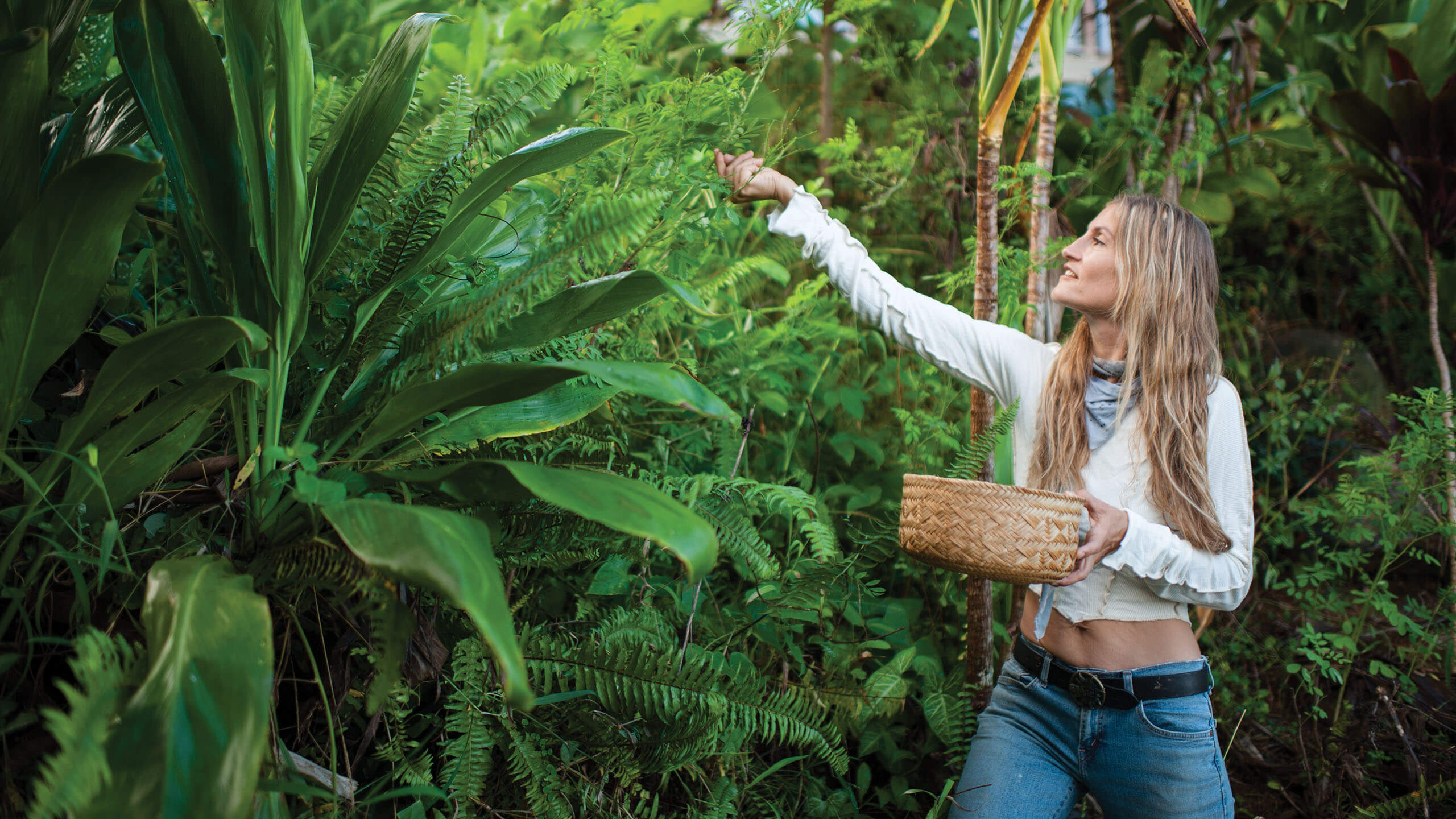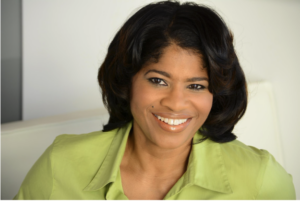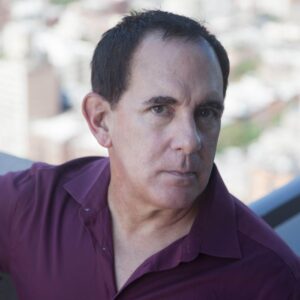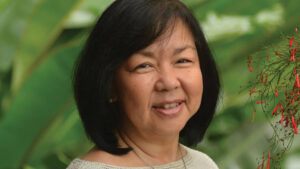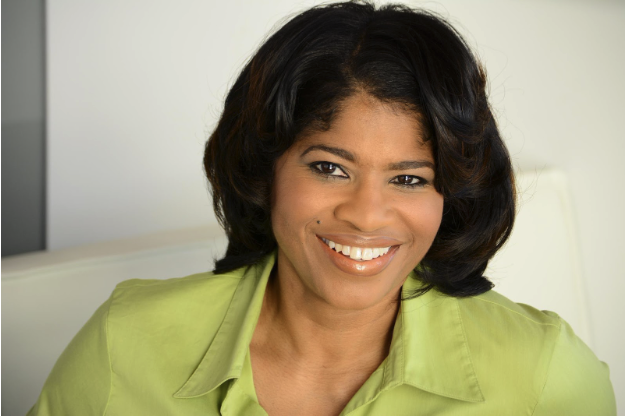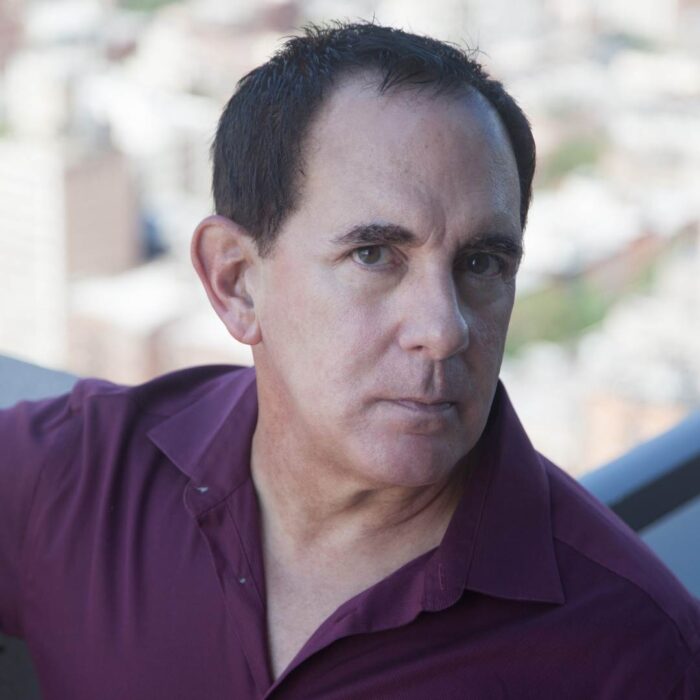An Interview with Kat Mische Elle
Sunny Savage is a wild food forager, whose life is dedicated to helping the world identify, harvest, and prepare wild plants. She is a sought-after educator and has taught thousands of people about wild foods.
I had a very unconventional upbringing, that afforded me a life outlook and set of experiences that were unique and nature orientated. I was exposed to cities, travel, and the wider world. I feel very blessed. Certainly, every life is full of challenges, and I had my challenges as well, but it’s really beautiful to reflect later on and feel gratitude for the effort my parents put in to create a different experience.
You had the technology and nature choices available. How do you feel you have blended them?
Well, I think that most people assume someone like me is anti-technology and is off eating wild foods daily. I like to let go of that restrictive approach. My motto has become one wild food every day. It’s not realistic that we will be out there foraging food for hours every day. But, by including small amounts of wild foods to keep the connection alive, to keep the genetic transfer of information, adaptability, the thriving and nutritional quality of these wild foods to become an embodiment of us. That’s my approach as to what I feel to be realistic about our relationship with wild plants. I was an early adopter of technology. My father was a calculus and physics teacher who was interested in technology, and I remember the very first Yahoo Chat group called, Forage Ahead, being in an online community of forgers from around the world. I felt I was the oddball – the out person who’s off harvesting these wild things. And these people encouraged finding a community and a group of people with which to resonate.
So that was kind of the early days. And then now, of course, I have used technology to facilitate more people participating and engaging with the land by building a mobile app, called Savage Kitchen, which has now been downloaded in 64 countries and over 10,000 users, achieved through organic growth without any advertising.
People who have a deep connection with the earth, should be in control of technology.
It is a tool that enables people to find wild foods, educate themselves on the identification of look-alike plants, quiz themselves, and watch video tutorials along with hundreds of recipes. It also encourages you to set the phone down and listen, smell, see, taste, and feel, using all your senses to have that moment of disconnecting from other things going on in your head.
The app helps you get there, and it also helps on the other end when you need that little spark of inspiration in the kitchen. I am a lover of technology, but I feel like we have moved to the next level of requirements around self-control. It is our responsibility to monitor self-control and monitor our use and decide what it is we are feeding online.
Have you determined how far back your lineage with foraging goes?
I think that ultimately, we all descend from foragers. Every one of our ancestors were foragers, and 99% of our human experience thus far has involved foraging. This disconnection from the land and plant identification and being able to feed ourselves is a modern-day disconnection. Of course, I felt a lot of curiosity about my ancestor, Thomas Savage, who was on the second boat into Jamestown in 1607.
He was 13 when he arrived, and less than a month later, he was involved in a political exchange with Chief Powhatan. Thomas Savage, lived in the home of the Indian Chief Powhatan, along with his famous daughter, Pocahontas. He grew up as adopted kin. The historical records show that he and Pocahontas had a great relationship. He was kind of one of the only speakers of the Powhatan language and became a translator and negotiator in that area.
Who was the spokesperson for the political trade?
Captain John Smith
So, he became a speaker, translator, and representative from that cultural perspective to convey that into the society he was currently in?
Yes, he was the chief negotiator and translator as Jamestown grew and the two cultures intermingled.
Please share with us a recap of your 20s and 30s and how those years helped you create the services that you offer now.
After I graduated from high school, I moved to Antarctica for a year. I went through the experience of eating canned and frozen food, and I realized how important food was to me. When I returned home from my journey, my mom was getting into herbal medicine. I dove in with gusto and learned from books about edible and medicinal plants. It was my moment! At 19, I found my purpose; to be inspired by sharing with others this joy, and the spark of inspiration from the foods that are growing all around us! That led me to get a Bachelor of Science degree in dietetics, followed by a master’s degree in nutrition education where I focused on the antioxidants of wild greens. I taught at a tribal college for a few years and then hosted the Hot on the Trail with Sunny Savage on television in the United States and three other continents.
I wrote a book, Wild Food Plants of Hawaii, did a TEDxMaui talk, and offered lots of workshops, wild food hikes, and community engagement educating people about wild foods. I also had a successful Kickstarter campaign that funded a food truck where I served invasive species that were forged on the island.
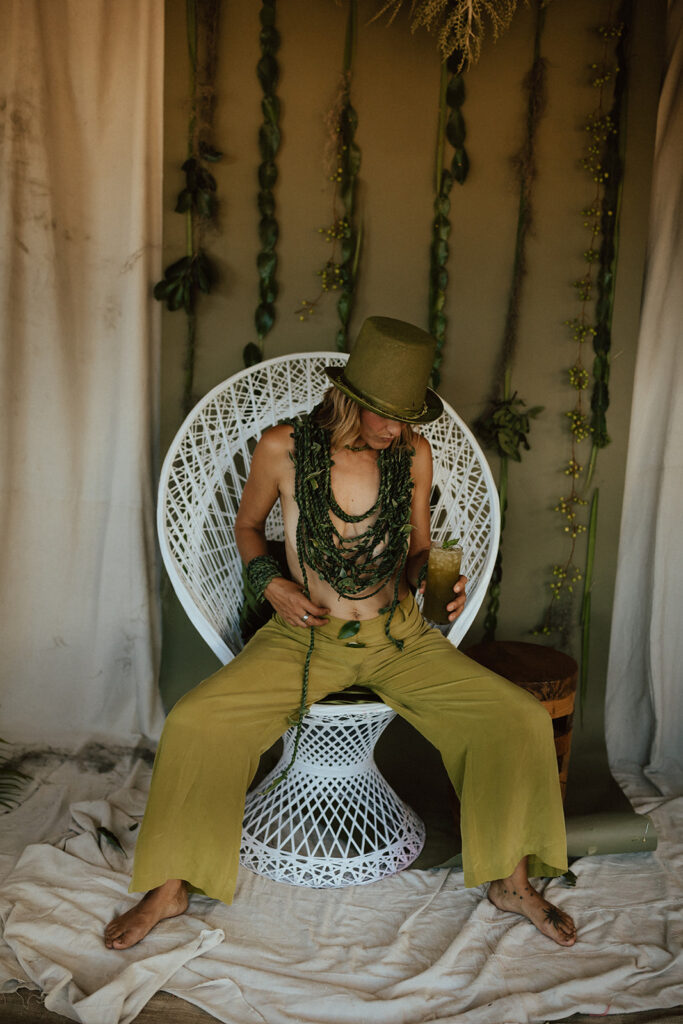
Where and when were you doing that?
I arrived in Hawaii in 2008 while hosting my television show, Hot on the Trail with Sunny Savage, and met a guy. We lived on a sailboat for three and a half years filming a documentary. I was teaching plant classes, some English classes, and whatnot – little side jobs along the way. Upon returning to Hawaii, I dove into writing my book. Through a Kickstarter campaign, I funded a wild food truck called Savage Kitchen and focused on invasive species. I teach about all kinds of wild foods, but my focus is on eating invasives and shifting the narrative instead of just, oh, kill, kill, kill, these are horrible.
I understand from a conservationist perspective that everybody wants to return to all these incredible native and endemic species. Still, to do so, we must deal with the invasives here. And while we’re dealing with those, and understanding that they are sacred plants, understanding their history and being brought into awareness of the profound medicinal and edible qualities they have. On the food hikes, I take people out to the locations of their choice, in small groups to identify plants. I also offer workshops that involve cooking, and I work with a lot of school groups.
How much strength and personal success did you gain on this path foraging into awareness?
I realized early on that I had a unique offering to share with people. Being a woman who owned a small business, forced a lot of lessons, but doing something very outside the box also posed challenges. Even though a lot of groups in Hawaii have employees who follow my work, from an organizational standpoint there typically is not a lot of support if I’m trying to apply for grants. Usually, those organizations are tied in with chemical industries and policies that are moving in a different direction. When I had my food truck, I also was reported to the health department for serving invasive species and had to pay the state to harvest invasive species.
People are really interested and curious, and that’s my motivation to keep going. I believe there is a deep gratitude to all the people that have come before me and kept the knowledge alive. When I was growing up in Northern Minnesota, people on the reservations nearby were still being arrested for fishing rights and harvesting wild rice. All of the people who have kept the knowledge alive have put themselves at risk to do so. There is that deep, profound sense, mostly for indigenous people who have done this at their own risk and risk to their families. It’s an ancient practice, and we would not be here as a human species if we didn’t know how to forage. It’s just so old, it’s new again.
I am noticing that more people are researching Hawaii before they visit – have you ventured into tourism market?
No, I haven’t because 98% of my clientele are residents. My services and knowledge have spread word-of-mouth. I’ve reached a point now where I want to start doing more bookings and am going to move in that direction.
What guidance would you offer to others regarding expanding their education around foraging?
If someone is interested in foraging and is new to it, I think finding a person you can learn from, to go out into nature, and make those connections. It’s so powerful. I encourage finding someone that offers wild food hikes, finding plant people at nurseries, or locating mushroom groups and clubs. Pono is the word that we use here in Hawaii meaning, ‘do the right thing.’ Your words and your actions should be correct, and to educate others on what you know, have experienced, and what’s true. And then you can’t go wrong.
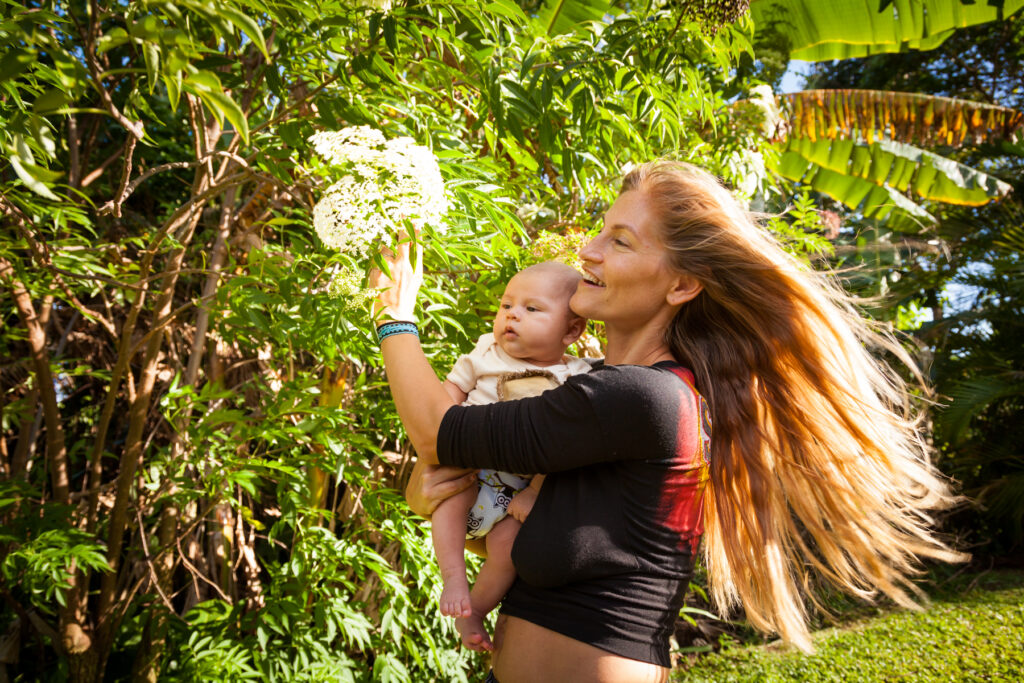
What is the next adventure you have set up for yourself this year?
I feel like I have a new chapter of life emerging. For the last five years, I’ve had a major health challenge that I was dealing with, and I purchased a house that I thought was turnkey. After a few surgeries, I have a clean bill of health, and my home is almost complete after some major renovations. I’m looking forward to not being in search of seeking, and wanting to just go with energy, but rather by cultivating that skill of calling things towards me. I’ve reached a point in my professional career where I have a lot of knowledge and a lot to offer. I am looking forward to a more grounded sense of stable awareness and moving in the world with that.
I am very open. I have no idea what the future holds other than to continue my path of providing high-quality information about wild foods for people. Let me cater to the people interested in this and take that to the next level. I’m open, I’m curious, and I’m excited. I feel good on multiple levels, so I’m really happy with where I’m at.
Where do you dig deep for your inspiration?
I’ve had many, and I would say from a foraging perspective, Sam Thayer, whom I’m blessed to call my friend, has been such an inspiration for me. He is a self-taught forager who has published several books in the foraging community, that are considered the best of the best, and he has a dedication to excellence in the information he puts out there. I would encourage you to look up his information. In addition to being a published author, he provides wild food products. He is one of the few people from which you can get wild food products that are unique.
Where can we locate your current updates?
sunnysavage.com.
Instagram and Facebook
I also offer digital downloads with wild food materials, and people can book Wild Food Tours with me on my website.

